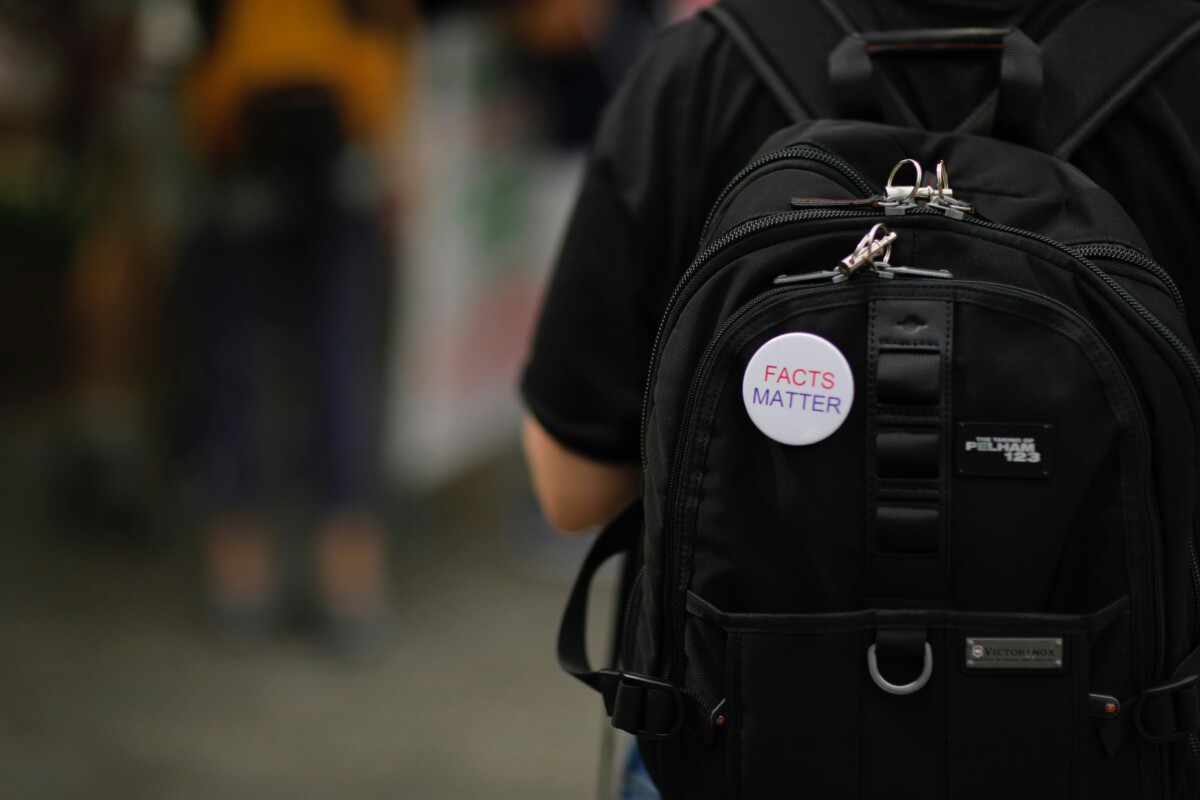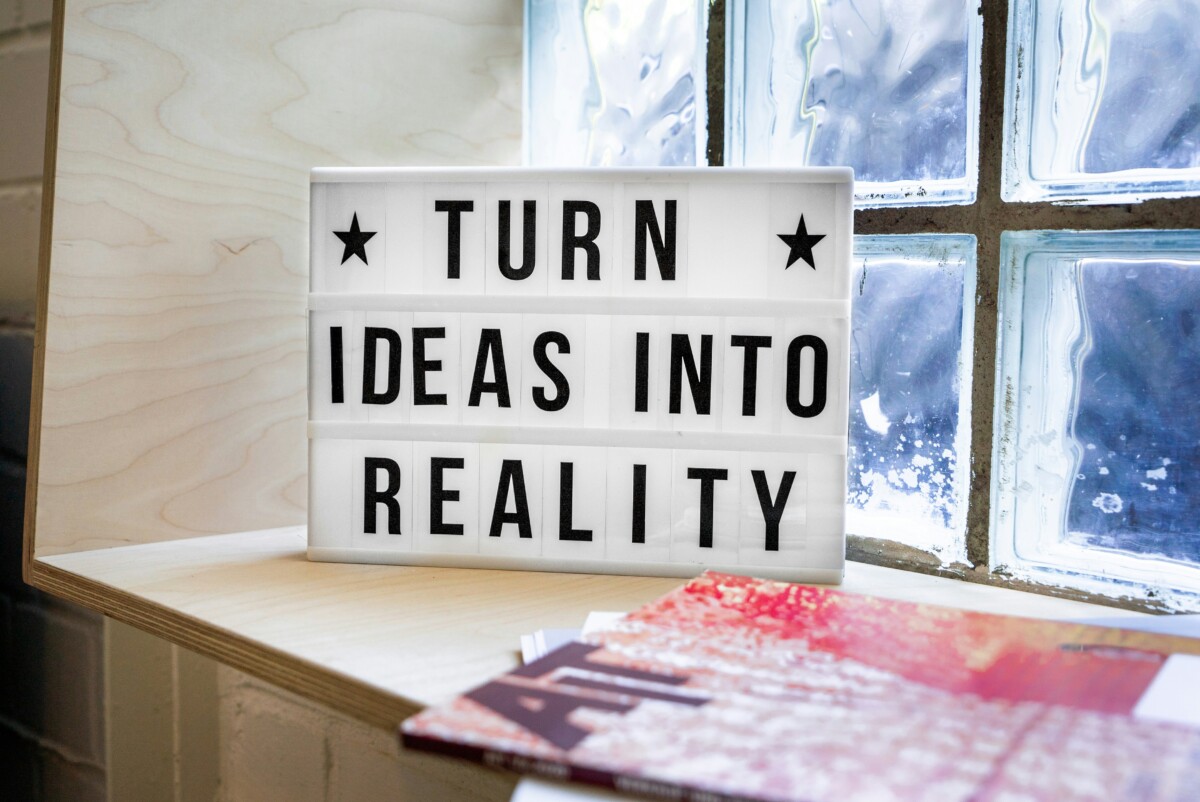Licence to Publish: Why Social Media Needs Guardrails
Listen to the full podcast episode on YouTube, Spotify, and Apple Podcasts.
🔍 Social Media’s Crisis of Credibility
In discussing the recent TIME article by Andrew Chow on Meta’s rollback of its fact-checking efforts in the US, Marissa warned of a dangerous tipping point in how information is consumed and shared online.
“We’ve lost that along the way… We’ve never had this sort of freedom of expression or freedom of engagement ever.”
Marissa pointed to the accelerating spread of disinformation, particularly during election cycles, and the marked difference in content moderation between countries. As Chow’s article highlights, Meta has quietly removed its US-based fact-checking programmes while retaining them in other markets—raising serious questions about political influence.
“It looked like the removal of the fact check really was based here in the U.S.,” Marissa explained.
“The fact checkers in Meta in other countries… are still doing their same job.”

📜 A Licence to Publish?
Midway through the conversation, Charlie posed a radical idea:
“What if, just like learning to drive a car, you had to pass a kind of certification before you could publish content online? Something that ingrains ethical responsibility, fact-checking, and proper substantiation from the outset?”
Marissa’s response?
“I like that idea. Let’s put a little bit more rigour around having the licence to publish.”
In the age of self-publication, the burden of ethical storytelling has shifted from traditional publishers to anyone with a smartphone. Yet, as Marissa noted, there’s no training, no standards, and no consequences for spreading misinformation. The idea of user-side accountability—rather than relying solely on platform moderation—is one worth exploring further.
🤝 The B2B Sustainability Space: Safer, But Not Immune
While much of the disinformation debate centres on consumer-facing platforms, Marissa’s world of B2B sustainable business has its own challenges.
She doesn’t see the same volume of outright misinformation—but she does see greenwashing, and more recently, a new threat: greenhushing.
“There’s the couple of phenomenons that we talk about: greenwashing… and now greenhushing. When companies actually are legit taking great actions… but they’re not talking about it for fear of political backlash.”
The consequence? Lost momentum. Without public-facing stories of sustainability progress, brands risk weakening their own commitments—and slowing the collective learning needed across industries.
🪄 A Magic Wand for Responsible Communication
As is tradition on The Responsible Edge, Charlie closed the episode with a magic wand question: if you could change one thing about the commercial world overnight, what would it be?
Marissa’s answer was crystal clear:
“How do we help companies to actually do the opposite of greenhushing and be more vocal to have that impact, to tell their story… through social media and through storytelling in the right way?”
Her solution? Empower internal voices—especially employees and leadership teams—to become brand advocates. That’s where real trust is built.
“Use the voice of those that are closest to them. Those are internal— their employees.”

🧠 Final Thought
What made this episode stand out was its blend of practical marketing insight and broader digital ethics. Marissa’s reflections on platform power, corporate responsibility, and communication strategy weren’t just relevant to marketers—they’re relevant to anyone trying to build trust in a post-truth world.
Because when we all have a voice, the question isn’t just how loudly we speak—but whether what we’re saying is worthy of being heard.
Sponsored by...
truMRK: Communications You Can Trust
👉 Learn how truMRK helps organisations strengthen the credibility of their communications.
Want to be a guest on our show?
Contact Us.
The Responsible Edge Podcast
Queensgate House
48 Queen Street
Exeter
Devon
EX4 3SR
Recognition.
Join 2,500+ professionals.
Exploring how to build trust, lead responsibly, and grow with integrity. Get the latest episodes and exclusive insights direct to your inbox.
© 2026. The Responsible Edge Podcast. All rights reserved.
The Responsible Edge Podcast® is a registered trademark.
Sponsored by truMRK
© 2026. The Responsible Edge Podcast











